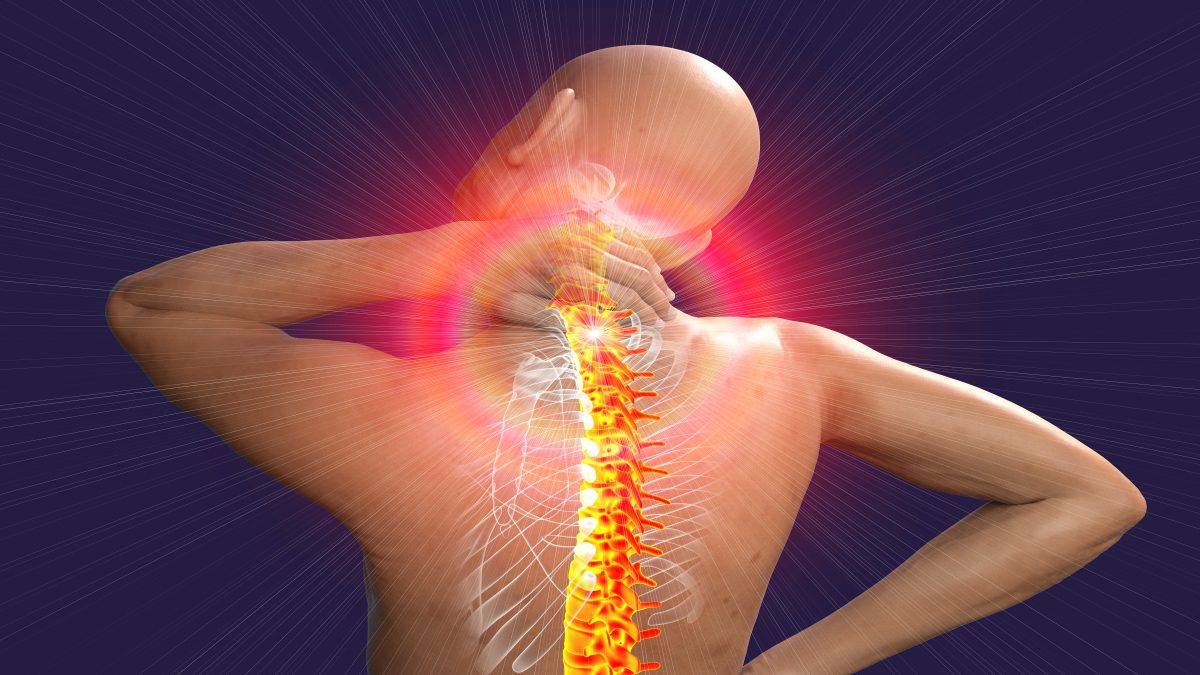Fibromyalgia diagnosis
If you experience widespread pain throughout the body for at least three months, your doctor may check you for a fibromyalgia diagnosis.
If you suffer from pain in at least four of the five following body regions, you meet the criteria for fibromyalgia diagnosis.
- Left upper region that includes the shoulder, arm, or jaw
- Right upper region, including shoulder, arm, or jaw
- Left lower region consisting of hip, buttock, or leg
- Right lower region that includes hip, buttock, or leg
- The axial region, which consists of the neck, back, chest, or abdomen
If you are suspected of having a fibromyalgia diagnosis, your doctor may require some tests to rule out other medical conditions with similar symptoms. Typically it is a blood test that includes:
- Cyclic citrullinated peptide test
- Complete blood count
- Anti-nuclear antibody
- Vitamin D
- Erythrocyte sedimentation rate
- Rheumatoid factor
- Celiac serology
- Thyroid function tests
Your doctor may request an overnight sleep study if he/she suspects that you experience sleep apnea.
Fibromyalgia treatment
Fibromyalgia treatment typically involves medication and self-care strategies. The goal is to minimize fibromyalgia symptoms and improve your overall health.
Medications for fibromyalgia treatment
Certain medicines may reduce the pain and improve problems with sleep caused by fibromyalgia.
- Pain relievers. Typically, doctors recommend over-the-counter analgesics such as Tylenol (acetaminophen), Advil, Mortin IB (ibuprofen), and Aleve (naproxen sodium). In turn, opioid medications are not recommended due to the severe side effects and dependence that they may cause. Also, opioids may worsen the pain over time.
- Antidepressants such as duloxetine (Cymbalta) and milnacipran (Savella) may reduce fibromyalgia symptoms such as fatigue and pain. Also, your doctor may recommend amitriptyline or the muscle relaxant cyclobenzaprine to improve your sleep.
- Anti-seizure drugs are medicines aimed to treat epilepsy. The doctor may prescribe such medications to relieve the pain caused by fibromyalgia. Such medications include gabapentin (Neurontin) to relieve symptoms and pregabalin (Lyrica) to treat fibromyalgia.
Therapies as a fibromyalgia treatment
Several different therapies may be used to help reduce the effects of fibromyalgia on your body and the quality of your life. Such therapies include:
- Physical therapy may improve your flexibility, strength, and stamina. Water-based exercises are especially beneficial.
- An occupational therapist may adapt your work area or propose tips for performing specific tasks in a way that causes less stress on your body.
- Counseling. By talking with a counselor, you can learn strategies to deal with stressful situations.
Lifestyle and home remedies
Certain lifestyle tips may improve your symptoms or prevent the development of fibromyalgia symptoms. Such methods include:
- Stress management
- Exercise regularly
- Maintain healthy lifestyle
- Sleep hygiene
- Stay active















Leave a Reply
You must be logged in to post a comment.